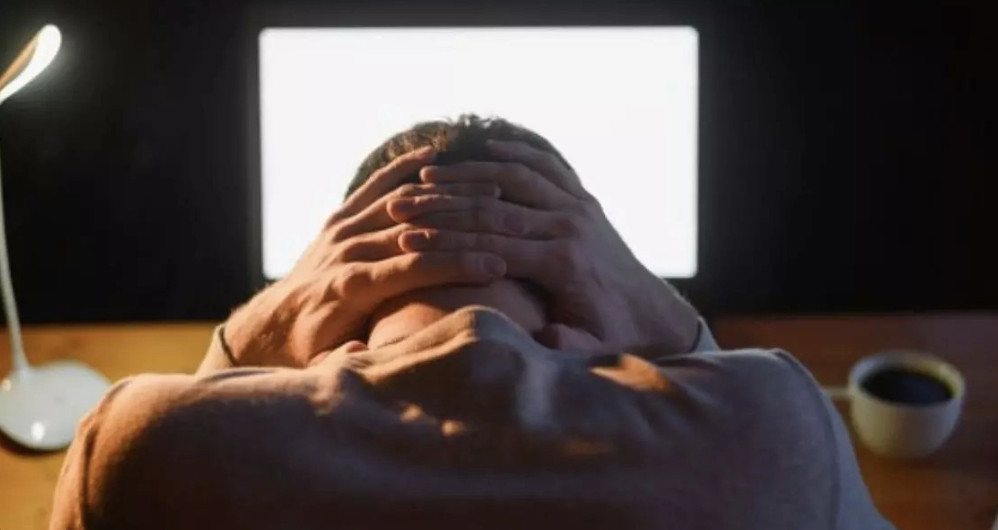
In our digital age, screens dominate our daily routines. From work to leisure, screen exposure is nearly unavoidable. But have you noticed that extended hours in front of your devices can leave you feeling more exhausted than when you began? If you’ve searched phrases like “Can screen time leave you feeling drained?”, you’re not alone. The main culprit lies in how screens, particularly their blue light emissions, interact with your body and brain.
How Screen Time Impacts Energy Levels
Blue Light Exposure and Your Circadian Rhythm
Prolonged exposure to blue light emitted by phones, tablets, computers, and televisions can significantly disrupt your body’s natural rhythms. Blue light interferes with your circadian rhythm—the internal process that regulates your sleep-wake cycle over a 24-hour period. When disrupted, you may find it harder to fall asleep at night and experience less restful sleep overall.
Studies have demonstrated that blue light suppresses the production of melatonin, the hormone responsible for making you feel sleepy at night. The result? A restless night’s sleep followed by daytime fatigue and sluggishness.
To minimize this impact, consider using blue light filters on your devices, especially in the evening hours. Apps and settings like Night Shift (on iOS) or built-in options on Android and Windows help reduce blue light exposure. You can also invest in blue light-blocking glasses, which have been shown to improve sleep quality and reduce eye strain【source example】.
The Mental Fatigue Factor
In addition to its physical effects, screen time can also cause significant mental fatigue. Continuous scrolling, multitasking between different apps, and consuming a stream of endless content put enormous strain on your brain. Research suggests that overstimulation from screen use can lead to mental exhaustion, reduced attention span, and even feelings of burnout.
To combat mental fatigue, scheduled screen breaks are crucial. Consider using the 20-20-20 rule: every 20 minutes, look away from your screen at something 20 feet away for at least 20 seconds. Taking these short breaks can help refresh your mind, reduce eye strain, and boost productivity.
How to Minimize the Negative Effects of Screen Time
1. Create a Screen-Free Bedtime Routine
Your pre-sleep habits are essential in minimizing screen-related fatigue. Develop a screen-free routine at least 30-60 minutes before bed. Instead of scrolling or streaming, engage in activities such as reading a book, meditating, stretching, or writing in a journal.
2. Adjust Your Screen Settings
Nearly every modern device comes equipped with night modes or settings that limit blue light. Using these options can gradually shift the display’s color temperature to warmer hues, reducing the potential disruption of melatonin production.
3. Set Clear Boundaries for Screen Time
Set daily limits for recreational screen use. Tools such as Screen Time on iOS and Digital Wellbeing on Android devices can help you monitor and manage your usage. Creating a balance ensures your screen time doesn’t overwhelm your day-to-day life, improving your overall well-being.
A Holistic Approach to Digital Wellness
Digital detoxes, even brief ones, can work wonders in reducing screen-induced fatigue. Consider designating one day a week for limited or no screen use, allowing your mind and body time to recover. Use this time to engage with nature, socialize face-to-face, or pursue hobbies that don’t involve screens. Studies show that people who regularly disconnect from screens report feeling recharged, less anxious, and more focused when they return online【source example】.
Understanding Search Intent and Optimizing for E-E-A-T
Readers searching for terms like “Screen time leaving you drained” seek practical tips and deeper insights into why it happens and how to fix it. To address this effectively:
- Experience: Share relatable anecdotes or testimonials about screen fatigue.
- Expertise: Reference credible studies and sources that highlight the effects of screen time.
- Authority: Link to respected external content on screen time research and solutions.
- Trustworthiness: Provide transparent, actionable advice without overpromising.






